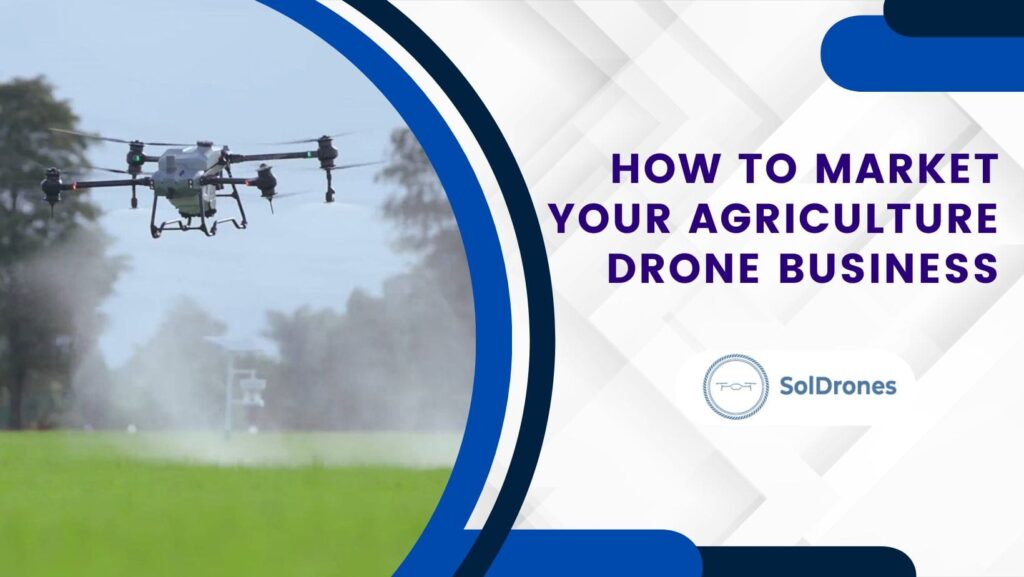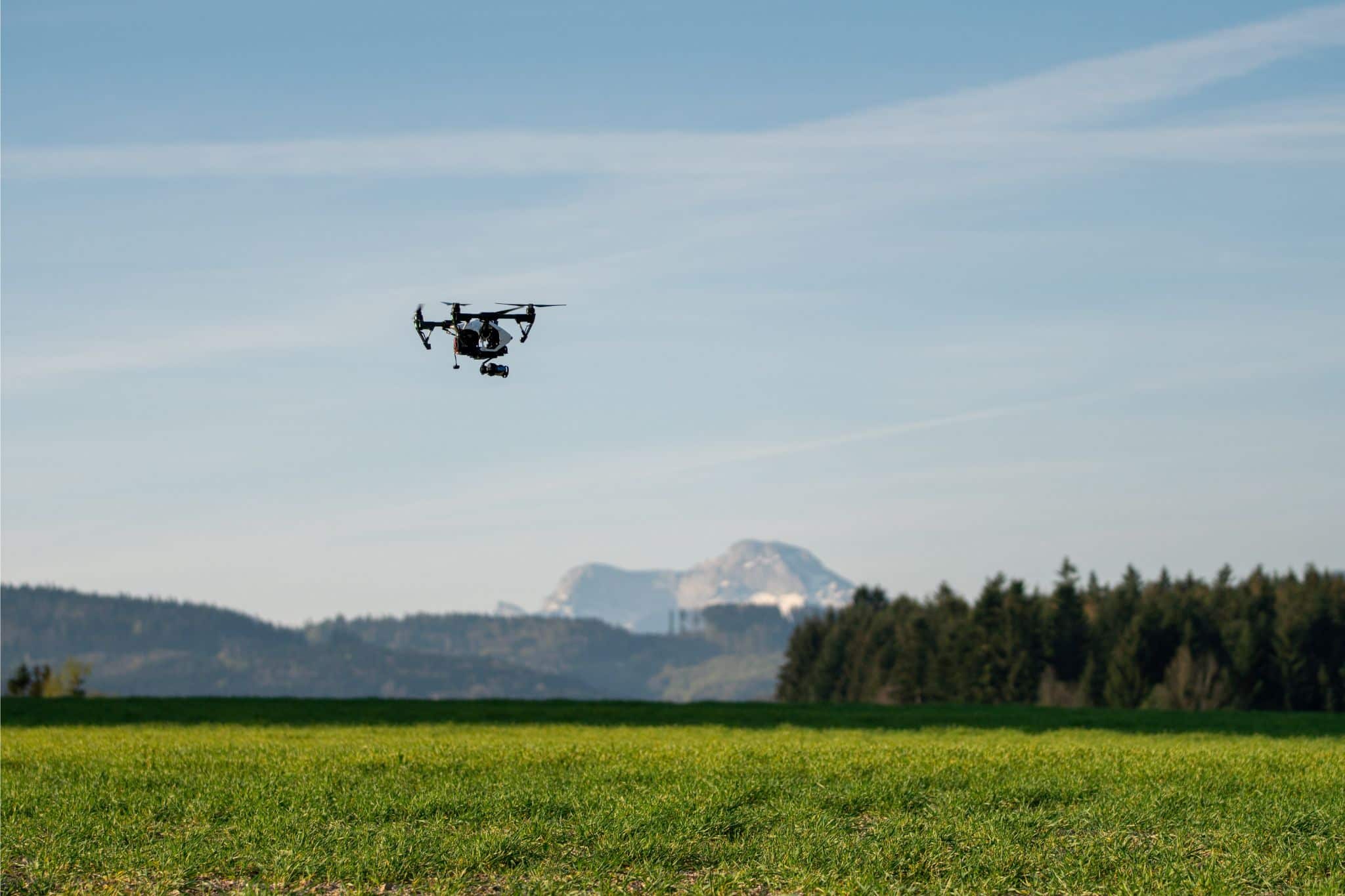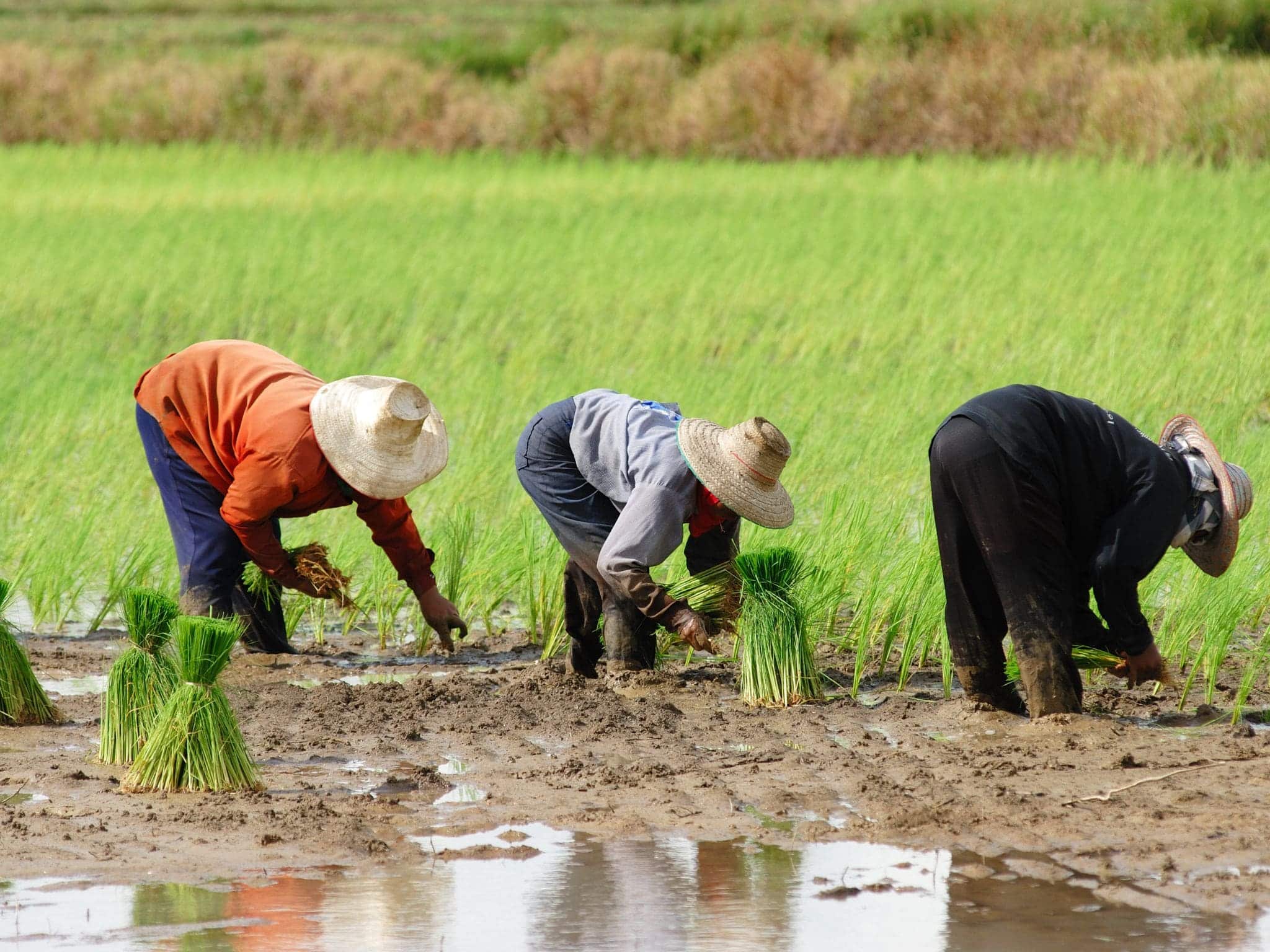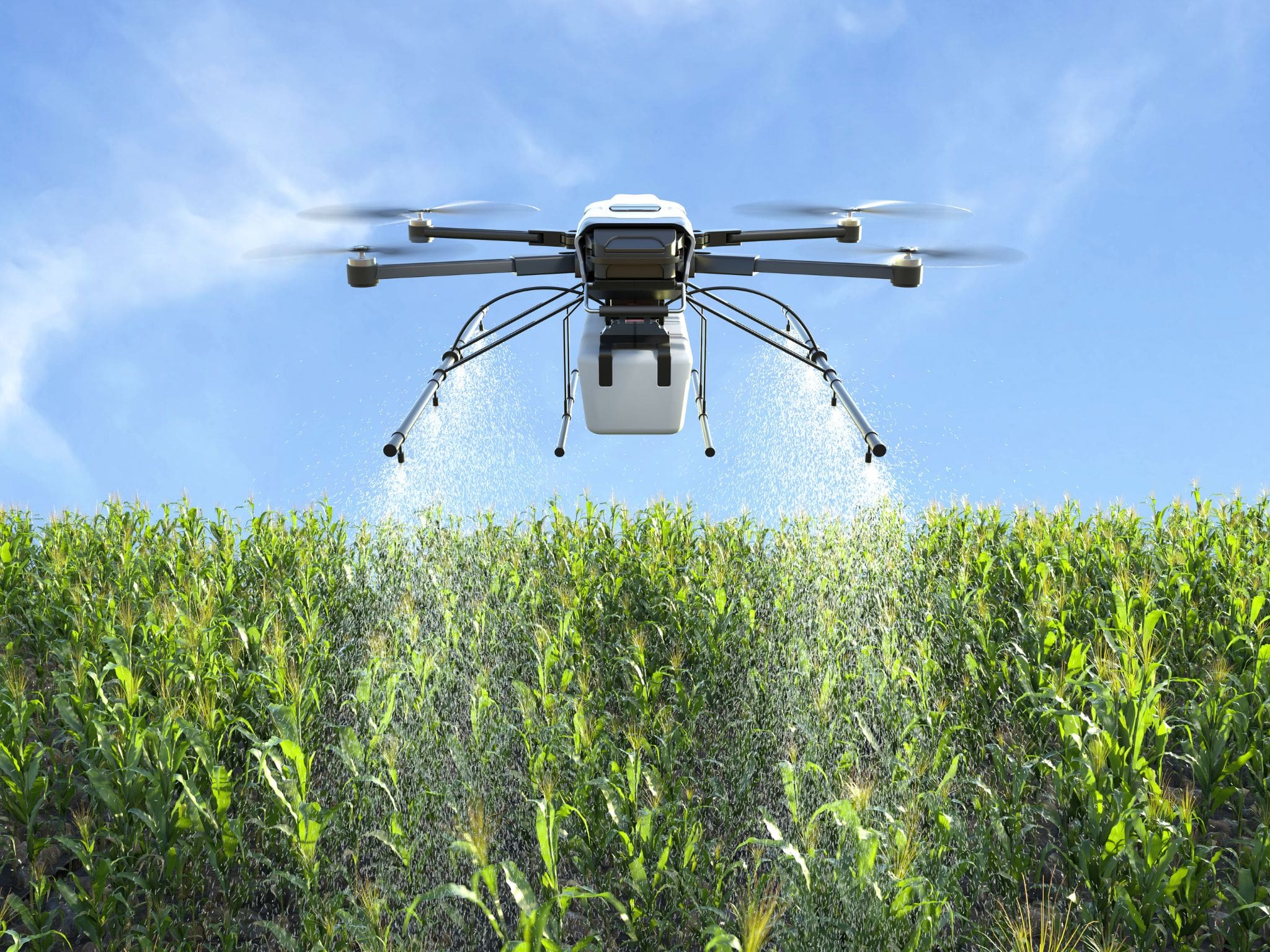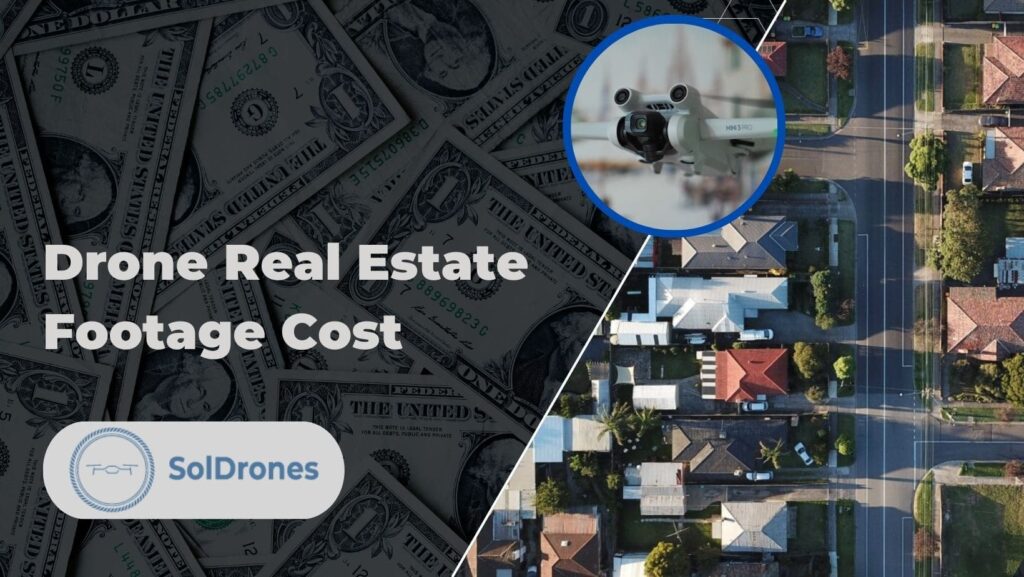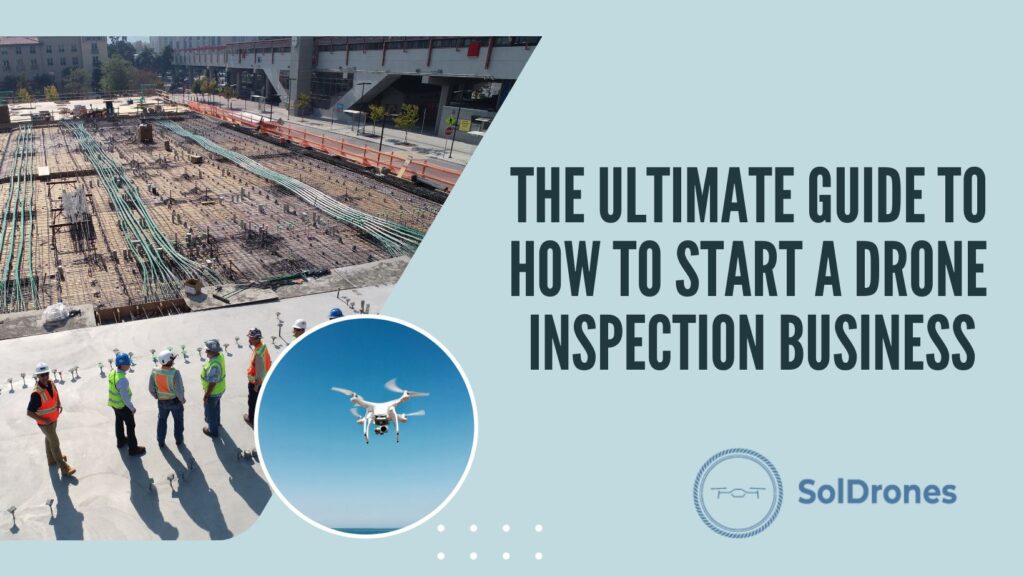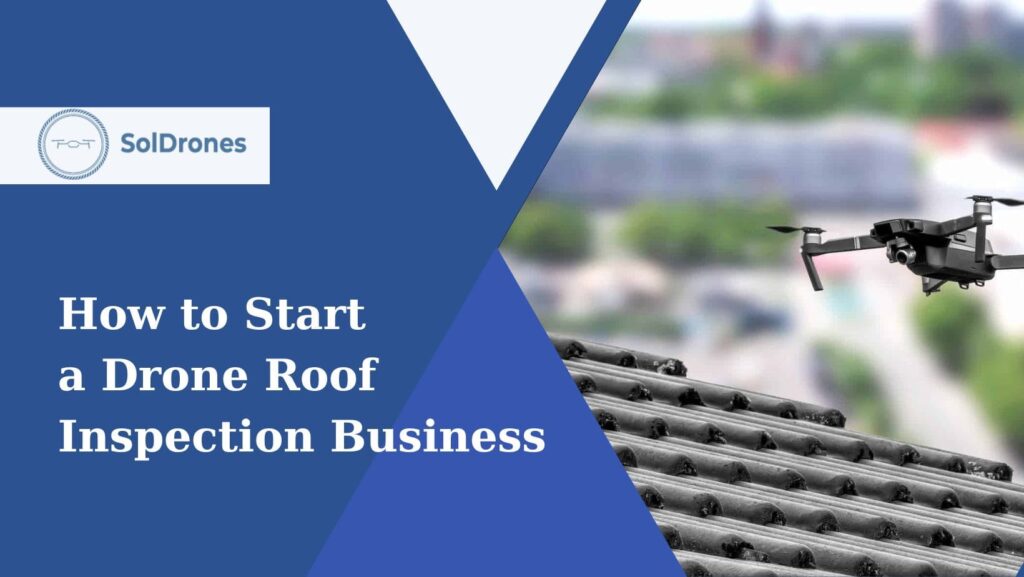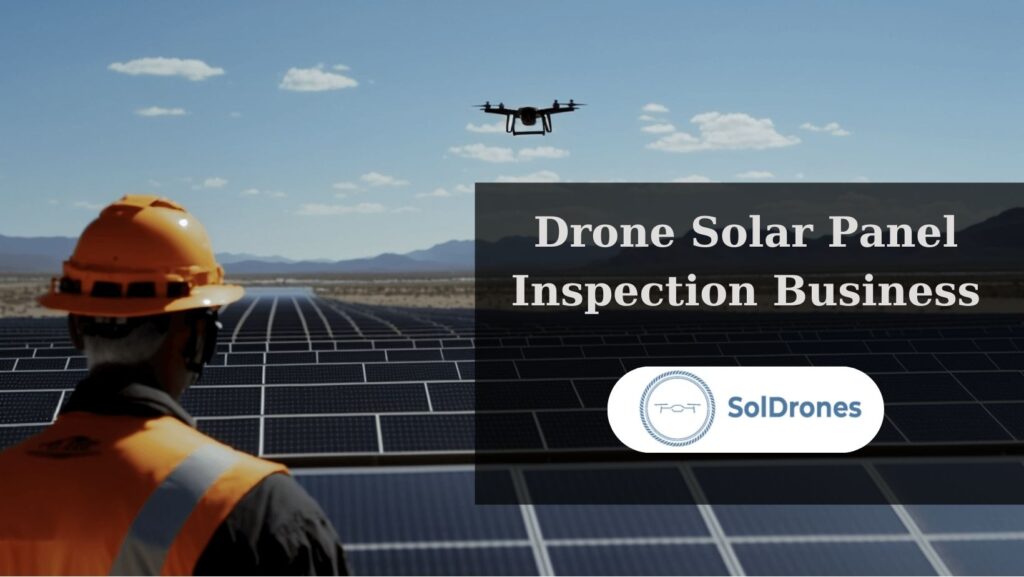So, you have the industry expertise, the equipment, and the resources to run a successful drone agriculture business, but…..you want more customers.
You’ve come to the right place.
Our team at SolDrones is dedicated toward helping you succeed as a drone entrepreneur and we’ve actually created some very helpful guides on how to market your drone business.
But the ag world is different, as you know, and drones are helping reshape operations around the globe.
In this article, we will discuss how to market your agriculture drone business effectively so you can thrive.
The agriculture drone business stands at a pivotal intersection of technology and agriculture, offering transformative solutions for the industry.
You’ll discover not just the ‘how-tos’ but the ‘must-dos’ to effectively position your drone services in a rapidly evolving market.
This isn’t just about flying drones; it’s about navigating through the uncharted territories of an innovative industry, unlocking potential clients, and leveraging drone technology for ground-breaking results in agriculture.
Article Highlights
- Discover innovative strategies for effectively marketing your agriculture drone business in a rapidly evolving tech landscape.
- Learn how advanced drone applications in irrigation and crop health can revolutionize traditional farming practices and boost your service offerings.
- Uncover the importance of targeted social media campaigns and specialized pilot training in establishing a successful agriculture drone business.
Understanding the Drone Industry and Agriculture Drone Business
Navigating the drone industry, particularly in agriculture, demands a blend of technological insight and sector-specific knowledge.
The Rise of Agricultural Drones in the Agriculture Industry
The agricultural landscape has witnessed a technological revolution courtesy of drones.
Once limited to basic photography, drones now play a pivotal role in agriculture, offering innovative solutions for crop management.
Key applications include:
- Crop Spraying: Drones offer precision in distributing pesticides and nutrients, ensuring optimal plant health while minimizing waste.
- Irrigation Monitoring: They provide crucial data on water distribution and field moisture levels, enabling smarter water management.
- Plant Health Assessment: With advanced imaging, drones analyze plant health, detecting issues invisible to the naked eye. This early detection is vital for preemptive measures, safeguarding crop yields.
Key Aspects of Running a Successful Drone Business
Operating a drone business in the agriculture industry requires a strategic approach. Key aspects include:
- Regulatory Compliance and Privacy: A cornerstone of drone operations, it’s vital to stay updated with both local and international aviation laws. This includes respecting privacy laws when capturing data over private lands and adapting to evolving regulations to ensure legal compliance.
- Custom Solutions for Diverse Agricultural Needs: Success hinges on tailoring drone services for different crops and seasons. Understanding these specific needs and adapting services accordingly, coupled with educating farmers about drone benefits, creates value for clients and sets your business apart.
- High-Quality Standards in Equipment and Operations: Investing in top-notch drones and sensors, ensuring regular maintenance, and prioritizing data accuracy and security are non-negotiables. These practices not only enhance service reliability but also build client trust.
- Sustainable Practices and Client Relationships: Adopting environmentally friendly operations, like minimizing chemical wastage, and maintaining transparent, trust-based relationships with clients, are key. Incorporating feedback mechanisms further improves services and strengthens client loyalty.
- Innovative Services and Risk Management: Staying ahead with the latest agricultural drone technologies and expanding services, such as soil analysis and 3D mapping, positions your business at the forefront of innovation. Additionally, comprehensive insurance coverage and well-developed emergency protocols are crucial for mitigating operational risks.
Understanding these dynamics is essential for any drone business looking to make a significant impact in the agriculture industry.
As we delve deeper into the nuances of this field, the potential for growth and innovation becomes increasingly apparent.
Crafting a Robust Marketing Plan for Your Drone Services
Success in the agriculture drone industry hinges on a well-crafted marketing plan that resonates with your specific audience.
Identifying Your Target Market
Recognizing and understanding your target market is crucial. This group may include:
- Farmers: Large-scale and small-scale farmers who can benefit from drone technology for efficient crop management.
- Agricultural Businesses: Enterprises involved in agriculture that seek innovative ways to improve productivity.
- Drone Service Providers: Companies that may require specialized drone services or partnerships for expanded offerings.
Utilizing Valuable Insights for Tailored Marketing Strategies
Effective marketing strategies are built on insights derived from thorough market research. This involves:
- Analyzing Market Trends: Keeping up-to-date with the latest developments in agricultural technology and drone applications.
- Understanding Client Needs: Identifying the specific challenges and requirements of your target audience.
- Tailoring Services: Customizing your offerings to meet the unique needs of different segments within the agricultural sector.
By identifying your target market and employing data-driven insights, you can create marketing strategies that not only reach but resonate with your audience, ensuring your services align with their specific needs and expectations.
This approach lays the groundwork for effective marketing, setting the stage for business growth and success in the competitive world of agricultural drones.
Leveraging Digital Platforms for Enhanced Visibility
In today’s digital era, leveraging online platforms is key to amplifying the reach and impact of your agriculture drone business.
Maximizing the Use of Social Media Platforms
Social media platforms are powerful tools for marketing drone services. Effective strategies include:
- Engagement: Actively engaging with followers through regular posts, comments, and responses.
- Showcasing Services: Using high-quality images and videos to demonstrate the capabilities of your drone services, such as crop monitoring and aerial photography.
- Storytelling: Sharing success stories and testimonials to build trust and credibility.
- Targeted Advertising: Utilizing platform-specific advertising tools to reach potential clients in the agriculture sector.
The Importance of a Strong Online Presence for a Drone Operator
A robust online presence is vital for drone operators and pilots. This encompasses:
- Professional Website: Developing a user-friendly website that clearly outlines your services, expertise, and contact information.
- SEO Optimization: Implementing search engine optimization techniques to improve visibility and search ranking.
- Online Networking: Engaging in online forums and groups related to agriculture and drone technology.
- Consistency: Maintaining a consistent and professional image across all digital platforms.
Utilizing digital platforms effectively is not just about being seen; it’s about creating a meaningful connection with your audience.
A strong online presence and strategic use of social media can significantly elevate your business’s profile, making you a go-to provider in the agricultural drone services market.
Innovative Approaches to Drone Technology Applications
The innovative applications of drone technology in agriculture open up a plethora of opportunities for marketing and delivering cutting-edge services.
Revolutionizing Irrigation Systems and Crop Spraying with Drones
Drones are redefining traditional farming practices, particularly in irrigation and crop spraying.
They offer precision in water distribution, ensuring each area of the field receives the optimal amount of water.
This targeted approach not only conserves water but also promotes healthier crop growth. In crop spraying, drones can evenly distribute pesticides and fertilizers, reducing waste and environmental impact.
These advanced capabilities of drones in managing irrigation and crop spraying can be powerful selling points, highlighting efficiency and sustainability in agricultural practices.
Aerial Photography and Plant Health Monitoring: Beyond the Basics
Moving beyond basic functions, agricultural drones equipped with specialized sensors can undertake detailed aerial photography and plant health monitoring.
This allows for a comprehensive analysis of crop health, detecting issues such as nutrient deficiencies or pest infestations early on.
By providing such detailed insights, these advanced drone applications can help farmers make informed decisions, ultimately leading to improved crop yields and reduced losses.
Incorporating these innovative applications into your marketing narrative showcases the breadth and depth of your drone services, highlighting how they offer comprehensive solutions beyond the conventional scope, and how they can significantly contribute to modernizing and improving agricultural practices.
Effective Advertising and Outreach Strategies
To successfully market your agriculture drone business, it’s crucial to employ a blend of strategic advertising and robust relationship-building.
Navigating the World of Paid Advertising for Agriculture Drones
Effective use of paid advertising can significantly boost your market reach. Consider these strategies:
- Targeted Campaigns: Use platforms like Google Ads or social media advertising to target specific demographics within the agriculture industry.
- Content-Driven Advertising: Develop engaging and informative ads that not only promote your services but also educate your audience about the benefits of agricultural drones.
- Budget Management: Allocate your advertising budget wisely to balance reach and cost-effectiveness.
- Performance Tracking: Regularly monitor and analyze the performance of your ads to refine strategies and improve ROI.
Building Relationships with Drone Service Providers and Clients
Strong relationships are the backbone of any successful business. Focus on:
- Networking: Attend industry events and webinars to connect with other drone service providers and potential clients.
- Partnerships: Form strategic partnerships with agriculture businesses and complementary service providers to expand your reach.
- Client Retention: Provide exceptional service and follow-up to retain existing clients and encourage referrals.
- Feedback Loops: Create channels for client feedback to continuously improve your service offerings.
By combining effective advertising strategies with strong relationship-building, you can create a sustainable growth path for your agriculture drone business.
This dual approach not only enhances visibility but also fosters a loyal client base and collaborative industry relationships.
Developing a Successful Drone Program for Agriculture
[Image: People working and planning]
Creating a successful drone program is pivotal for tapping into the agricultural sector’s full potential and delivering impactful services.
Steps to Establish a Robust Drone Program
A systematic approach is essential to develop a drone program that effectively meets the demands of agriculture. Follow these steps:
- Market Analysis: Research the agricultural sector to identify specific needs and gaps that your drone program can address.
- Choosing the Right Equipment: Select drones and sensors that are best suited for agricultural applications, such as multispectral cameras for crop health monitoring.
- Compliance and Regulation: Ensure that your program adheres to all relevant regulations and obtain necessary certifications and permits.
- Pilot Training: Train pilots in both flying drones and understanding agricultural applications, focusing on safety and data accuracy.
- Data Management: Implement efficient systems for collecting, processing, and analyzing drone data to provide actionable insights.
- Service Diversification: Develop a range of services tailored to different agricultural needs, such as soil analysis, crop monitoring, and irrigation management.
- Client Engagement: Work closely with clients to understand their specific challenges and tailor your services accordingly.
Training and Education: Equipping Drone Pilots for Success
The competence of drone pilots is a cornerstone of a successful agricultural drone program. Key focus areas include:
- Comprehensive Training Programs: Invest in thorough training programs that cover both technical drone operation skills and specific agricultural applications.
- Continuous Learning: Encourage ongoing learning and professional development to keep up with evolving technology and agricultural practices.
You can check this website for more drone-related resources: https://www.aopa.org/training-and-safety/drone-pilots
- Safety Training: Emphasize safety as a priority, with regular updates on regulatory changes and best practices.
- Hands-on Experience: Provide pilots with practical experience in agricultural settings to build expertise in real-world scenarios.
Developing a successful drone program requires careful planning, continuous learning, and a deep understanding of both drone technology and agricultural needs.
By following these steps and prioritizing pilot training and education, your drone program can become an indispensable tool in modern agriculture, offering high-quality, innovative services to the agriculture sector.
Final Thoughts
The agriculture drone business stands at a pivotal intersection of technology and agriculture, offering transformative solutions for the industry.
Embracing innovative drone applications, such as irrigation management and crop health monitoring, coupled with strong marketing strategies and digital presence, is key to success in this niche.
Developing a robust drone program requires understanding the market, regulatory compliance, and equipping pilots with comprehensive training.
By effectively leveraging these elements, your agriculture drone business can not only meet the evolving demands of the sector but also drive forward the future of agricultural practices with cutting-edge technology and strategic insight.
FAQs
How can agricultural drones transform farming practices?
Agricultural drones revolutionize farming by providing precise crop spraying, efficient irrigation monitoring, and detailed plant health assessments, leading to better crop management and yield optimization.
What are the key steps in developing a successful agriculture drone program?
Key steps include conducting market analysis, selecting appropriate drone equipment, adhering to regulations, providing comprehensive pilot training, and creating tailored services to meet specific agricultural needs.
What role does social media play in marketing agriculture drone services?
Social media is crucial for engaging potential clients, showcasing service capabilities, and building brand awareness through targeted content and storytelling in the agriculture drone sector.
How does training and education impact the quality of drone services in agriculture?
Training and education ensure that drone pilots are skilled in both flying and agricultural applications, leading to safer operations, more accurate data collection, and higher service quality.
What are the advantages of using drones for crop spraying and irrigation?
Drones in crop spraying and irrigation offer precise application, reduced resource waste, and enhanced crop health management, contributing to sustainable and efficient farming practices.

